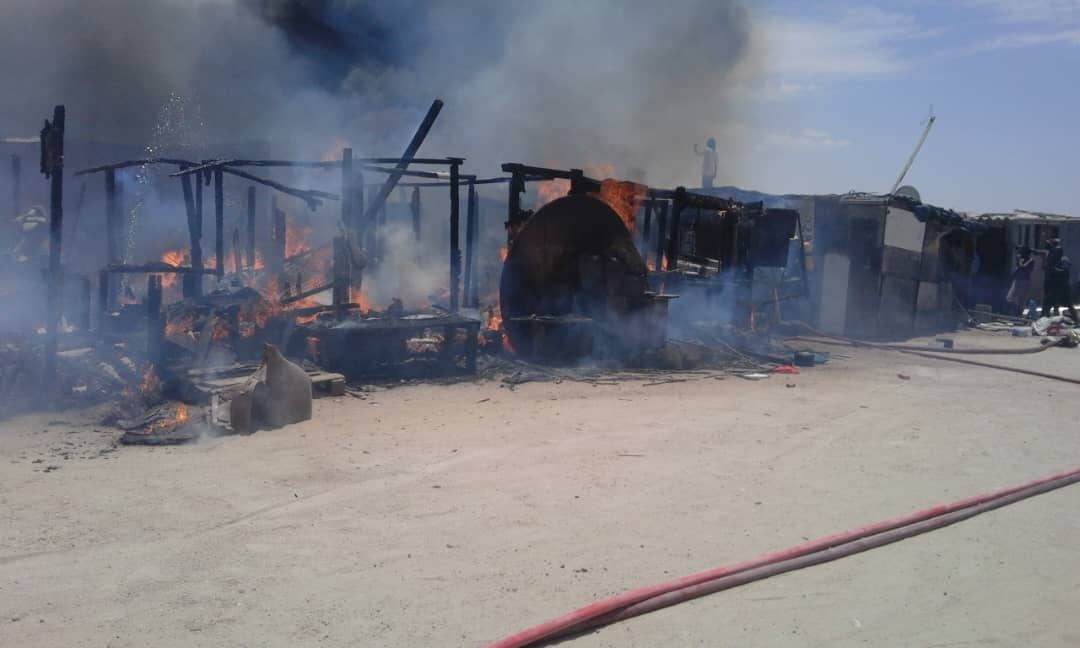UNITED NATIONS – The United States on Tuesday urged the UN General Assembly to reject a draft resolution submitted by Brazil, Germany, India and Japan seeking enlargement of the Security Council because it did not enjoy broad-based support.
“We urge you to oppose this resolution and, should it come to a vote, to vote against it,” Shirin Tahir-Kheli, a senior adviser to US Secretary of State Condoleezza Rice, told the assembly on the second day of a highly contentious debate. The United States joined a number of countries, including Pakistan, Algeria, Argentina, Canada and New Zealand, in slamming the G4 text, which envisages enlarging the council from 15 members to 25 by creating six new permanent seats without veto power and four non-permanent seats.Earlier UN Secretary General Kofi Annan urged members to overcome differences over the proposed council expansion and move forward on all aspects of UN reform needed to make the organisation more responsive to today’s challenges.Speaking on his return at UN headquarters after visits to Libya, Britain and Sudan, Annan said: “I hope the member states will sort themselves up and become very focused on the task at hand.”The G4 draft does not spell out which countries would secure the new Council seats but diplomats said the six new permanent seats would go to the G4 and two African countries not yet selected.G4 countries are seeking an early vote on their draft, which is co-sponsored by 23 countries including France.But faced with spirited opposition, the draft is unlikely to muster the required two-thirds majority vote in the General Assembly – 128 votes out of 191 – to change the make-up of the council, diplomats said.The text has sharply divided the assembly and led the African group at the UN and a so-called “United for Consensus” group led by Pakistan, Argentina, Italy and Mexico to circulate competing proposals.At present, Britain, China, France, Russia and the United States are the only permanent and veto-wielding members of the powerful Security Council, which also has 10 rotating non-permanent members without veto power.The Africans want a 26-member Security Council, with six new permanent seats with veto power, including two for Africa, and five non-permanent seats, including two for Africa.The United for Consensus group calls for 10 new non-permanent council members who would be elected for two years as is the case at present, but with the possibility of immediate re-election.Washington favours adding only two new permanent seats with no veto power, including one for Japan.- Nampa-AFPThe United States joined a number of countries, including Pakistan, Algeria, Argentina, Canada and New Zealand, in slamming the G4 text, which envisages enlarging the council from 15 members to 25 by creating six new permanent seats without veto power and four non-permanent seats.Earlier UN Secretary General Kofi Annan urged members to overcome differences over the proposed council expansion and move forward on all aspects of UN reform needed to make the organisation more responsive to today’s challenges.Speaking on his return at UN headquarters after visits to Libya, Britain and Sudan, Annan said: “I hope the member states will sort themselves up and become very focused on the task at hand.”The G4 draft does not spell out which countries would secure the new Council seats but diplomats said the six new permanent seats would go to the G4 and two African countries not yet selected.G4 countries are seeking an early vote on their draft, which is co-sponsored by 23 countries including France.But faced with spirited opposition, the draft is unlikely to muster the required two-thirds majority vote in the General Assembly – 128 votes out of 191 – to change the make-up of the council, diplomats said.The text has sharply divided the assembly and led the African group at the UN and a so-called “United for Consensus” group led by Pakistan, Argentina, Italy and Mexico to circulate competing proposals.At present, Britain, China, France, Russia and the United States are the only permanent and veto-wielding members of the powerful Security Council, which also has 10 rotating non-permanent members without veto power.The Africans want a 26-member Security Council, with six new permanent seats with veto power, including two for Africa, and five non-permanent seats, including two for Africa.The United for Consensus group calls for 10 new non-permanent council members who would be elected for two years as is the case at present, but with the possibility of immediate re-election.Washington favours adding only two new permanent seats with no veto power, including one for Japan. – Nampa-AFP
Stay informed with The Namibian – your source for credible journalism. Get in-depth reporting and opinions for
only N$85 a month. Invest in journalism, invest in democracy –
Subscribe Now!










